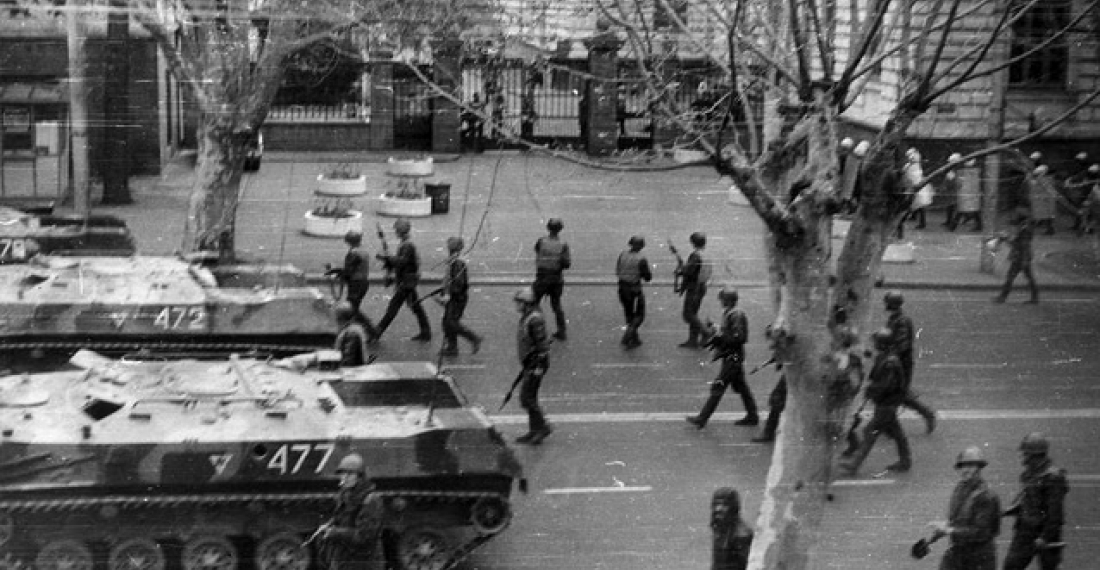Georgia today marks the 32nd anniversary of the events of 9 April 1989 when Soviet troops entered Tbilisi to crush peaceful pro-independence demonstrations, attacking the crowd and leaving at least twenty people dead. Most of the victims were women, and the youngest among the victims were 16 years old.
The date is considered a watershed moment in Georgian and Soviet history. After 9 April 1989 the position of the Communist Party in Georgia became untenable and the relationship with Moscow got spoilt beyond repair.
An anti-Soviet movement started gathering momentum in Georgia in 1988 with several strikes and meetings organized by anti-Soviet political organisations in Tbilisi. The nationalist inspired groups accused the Soviet authorities of stirring inter-ethnic conflict in Georgia to stifle demands for independence.
The protests reached their peak on April 4, 1989, when tens of thousands of Georgians gathered before the Government building on Rustaveli Ave in Tbilisi.
The protesters were led by the Independence Committee, which included Merab Kostava, Zviad Gamsakhurdia, Giorgi Chanturia, Irakli Bathiashvili, and Irakli Tsereteli. The committee had been organising peaceful demonstration and hunger strikes, demanding the restoration of Georgia’s independence.
The local Soviet authorities lost control of the situation in the capital city, and were unable to control the protests. First Secretary of the Georgian Communist Party Jumber Patiashvili asked USSR leaders to send troops to restore order.
In the evening of April 8, 1989, Colonel General Igor Rodionov, who was the Commander of the Transcaucasia Military District, ordered his troops to mobilise. At 4am on April 9, special task units of the Soviet Army crushed the protestors. Sixteen demonstrators were killed at the scene and four others died later from the injuries they sustained. Hundreds of activists were injured and needed medical attention.
On April 10, the Soviet government issued a statement blaming the demonstrators for causing unrest and danger to the safety of the general public.
The next day, Georgian television showed the bodies of the 19 women who were violently killed. The images demonstrated alleged brutality of the Soviet soldiers, as the faces of the deceased women were hard to identify because of the facial injuries and blows to the head the women sustained.
On March 31, 1991, Georgians voted overwhelmingly in favor of independence from the Soviet Union in a referendum. With a 90.5 percent turnout, the vast majority of the population (99 percent) voted in favour of Georgia becoming independent.
On April 9 on the second anniversary of the tragedy, the Supreme Council of the Republic of Georgia proclaimed Georgian sovereignty and independence from the Soviet Union.







